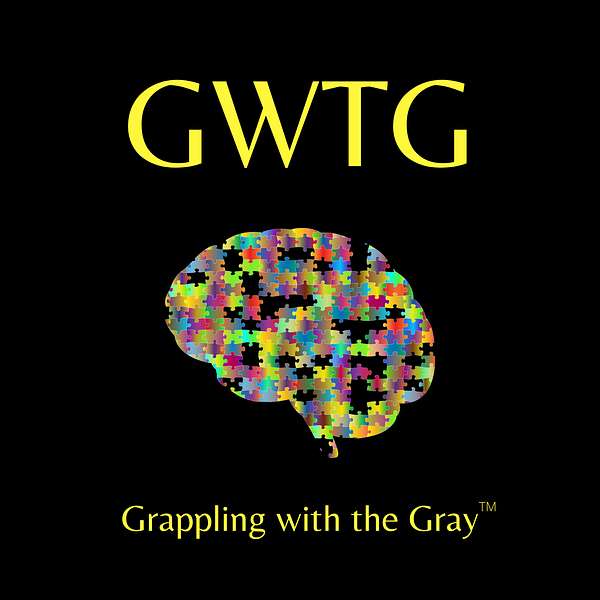
Grappling with the Gray
Are you ethical? Join Rabbi Yonason Goldson and his panel of thinkers as they grapple with a new ethical challenge each week. Only by contemplating all sides and every angle can we improve ethical decision-making, build more trusting relationships, and help create a more ethical world.
Grappling with the Gray
Grappling with the Gray #35: All in a good cause?
Is misrepresentation ever justified if it motivates beneficial action?
Can the greater good or a higher truth provide an excuse for lying?
What are the unintended consequences of the ends justifying the means?
These are some of the topics addressed when the panelists grapple with the gray.
This week's ethics challenge:
In February, 2017, Dr. John Bates made headlines by claiming that his former boss, Thomas Karl of the National Oceanic and Atmospheric Administration, had knowingly misrepresented data to influence government policy on global warming.
Predictably, climate change skeptics railed against the corruption of the scientific community, while climate change advocates charged Dr. Bates with exaggerating his claims.
For the sake of our discussion, let’s assume that the charges are true. If so, it’s likely that Dr. Karl was motivated by the purest intentions, that he wanted to spur action to prevent what he genuinely believed to be the devastating effects of global warming, and that he viewed the data as representing an anomaly rather than a larger global trend.
Aside from the climate change debate, could it ever be justified to doctor facts or embellish the “story” told by the data to motivate public action in a way that serves the greater good?
Meet this week’s panelists:
Laura Elizabeth Gray is a Passionate People Connector, Columnist, Author, and Development Director of The ALS Association Northern Ohio Chapter
Jonathan Ross is an executive for a defense manufacturing company, writer, and management and communications consultant as time allows.
Annette Simmons is a speaker, trainer, consultant, and author of The Story Factor -- named one of the 100 Best Business Books of All Time.